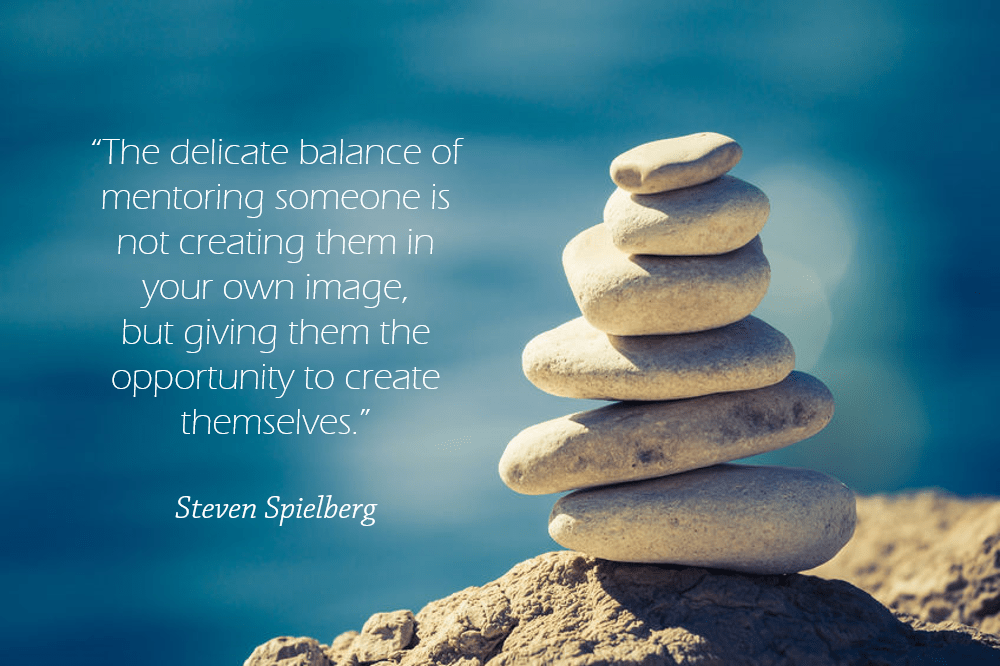3 Traits to Refine as a Mentor
 The personal interactions between a mentee and a mentor can make or break a mentoring relationship. To ace your role as a mentor, keep in mind three traits: Authenticity, Compassion, and Expertise.
The personal interactions between a mentee and a mentor can make or break a mentoring relationship. To ace your role as a mentor, keep in mind three traits: Authenticity, Compassion, and Expertise.
Authenticity
Good mentors are authentic and real. They don’t need to hide behind egos or false fronts. In fact, they have enough confidence in themselves to be willing to show their vulnerable human side to their mentees. This might occur through storytelling where they share examples of times when they have failed or when things did not go as well as they had hoped in their own experiences. Or maybe it appears through radical truth telling where the mentor does not shrink back from discussing hard topics or giving difficult feedback. Perhaps it is expressed through a unique point of view or a distinctive style that the mentee can learn from. No matter how it shows up, authenticity can be a powerful aspect of a mentor’s repertoire.
Compassion
Building off of authenticity is the need for compassion. A mentor could be as real as you can get, but unless that is tempered with compassion, they could come off as rude, uncaring, insensitive, and tactless. Telling hard truths is real and can be a necessary part of being a mentor, but doing so with a dose of humility and compassion is ideal. Compassion allows you to empathize with your mentee, acknowledge the difficulties they may be facing, and build a supportive atmosphere within the mentoring relationship. Compassion also allows you to have authenticity by being vulnerable, such as when you share a story of a time when you messed up at work or failed on a big project. Having that blend of compassion and authenticity will help you be a better mentor.
Expertise
The last piece tying this all together so that you can ace your role as a mentor is expertise. You can be authentic and have compassion, but unless you also know what you are talking about, you won’t quite hit the mark as a mentor. Blending expertise into the mix is a critical aspect of mentoring. When you are an authority on a topic, you can share that expertise in authentic and compassionate ways. This will help your mentee gain valuable lessons from your experiences while also engaging them in dialogue that can help them begin their own journey toward expertise. Having that mix of expertise, compassion, and authenticity will allow you to be a mentor who knows what they are talking about and can do so with sincerity, vulnerability, and supportiveness.
By keeping these factors in mind, you can fulfill your role as a mentor with excellent results. Go out there and ace it! Also check-out our mentoring software.









